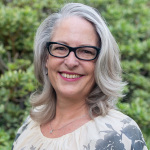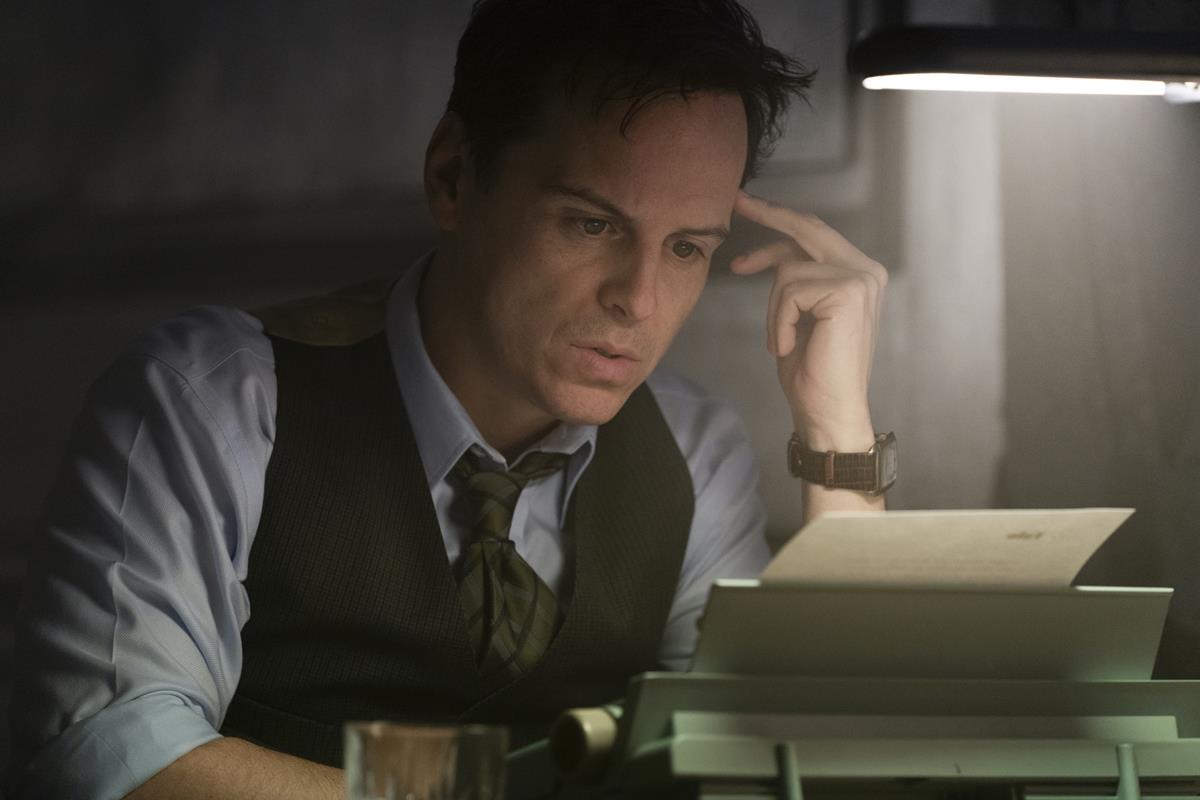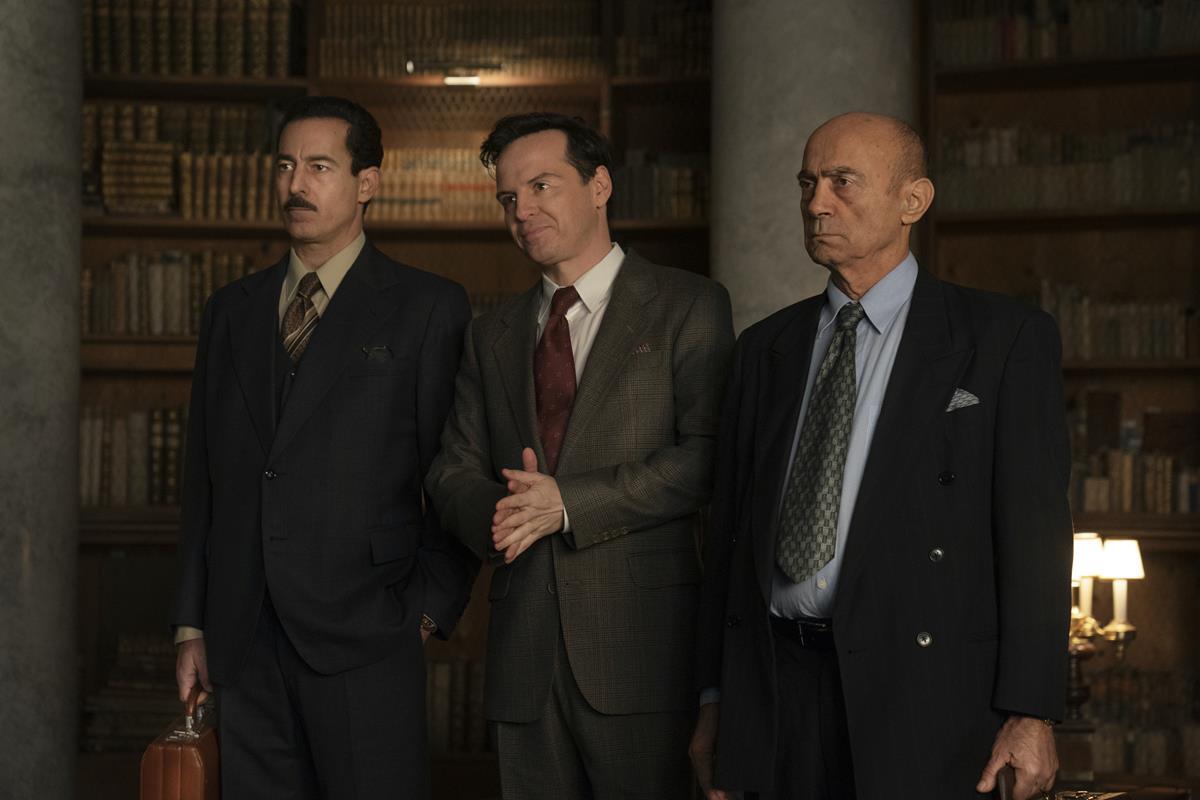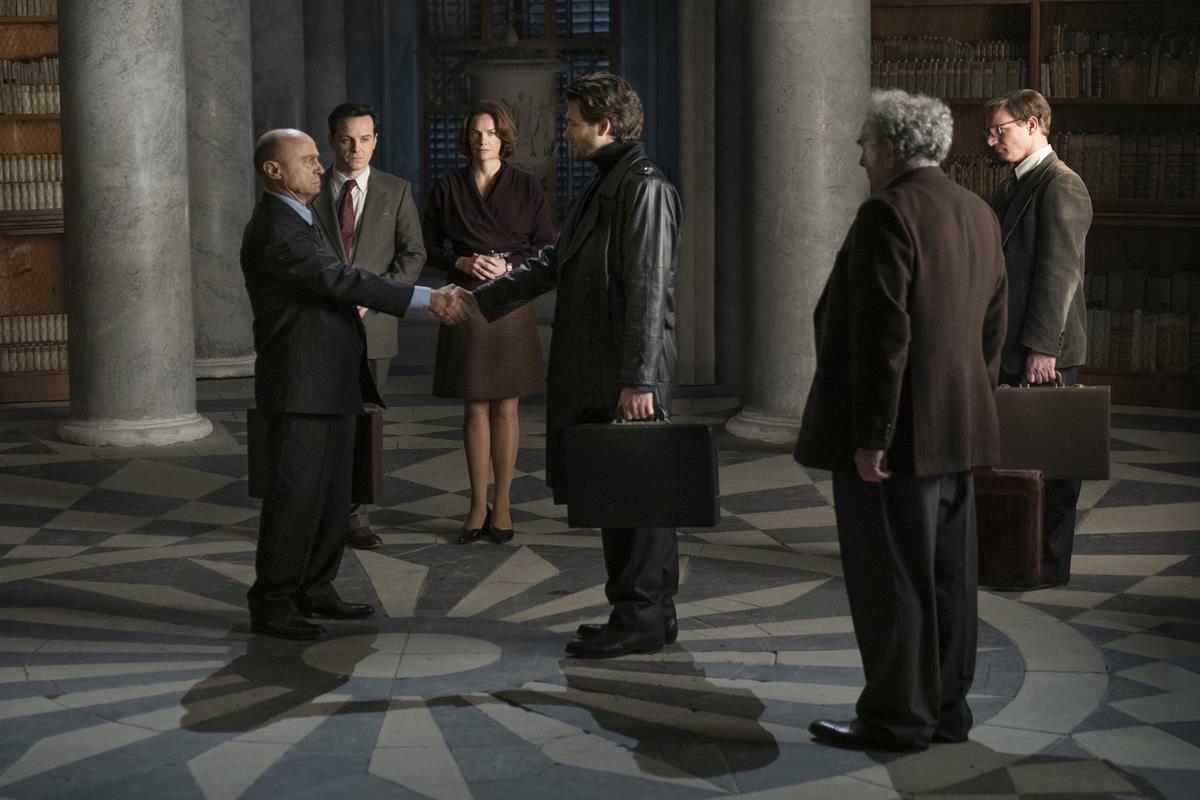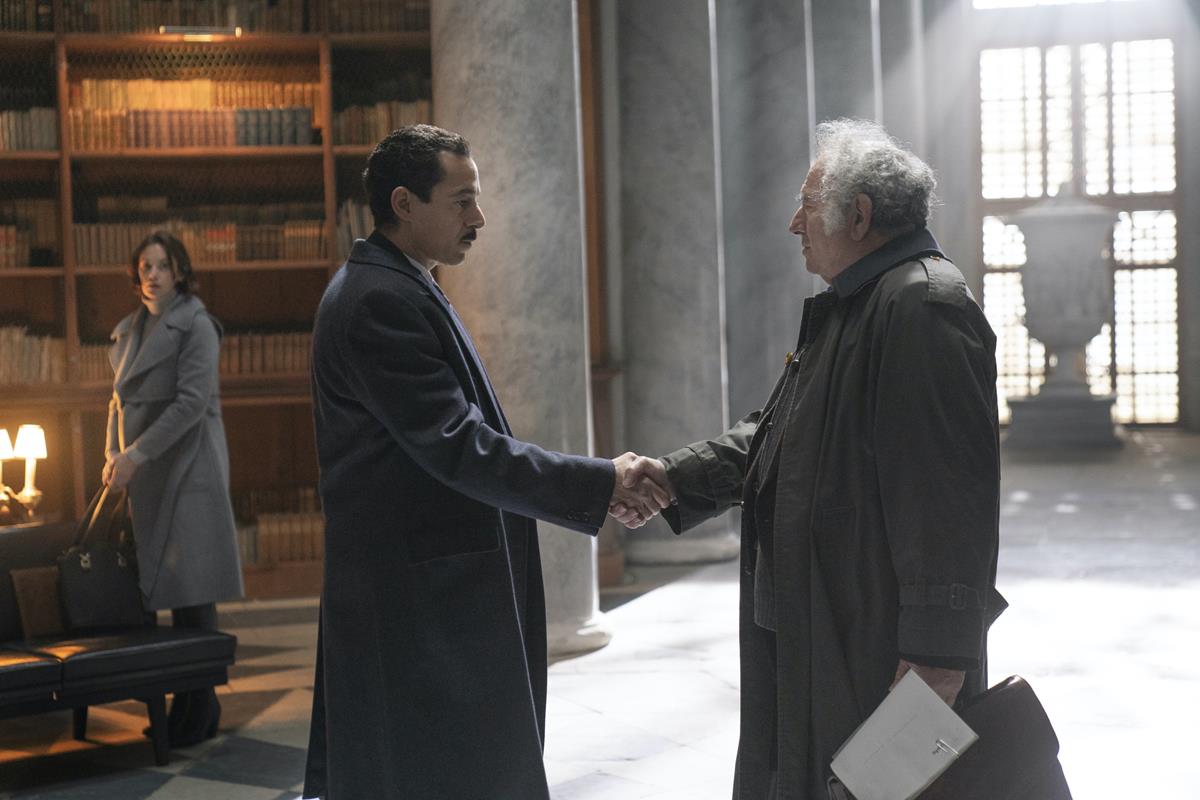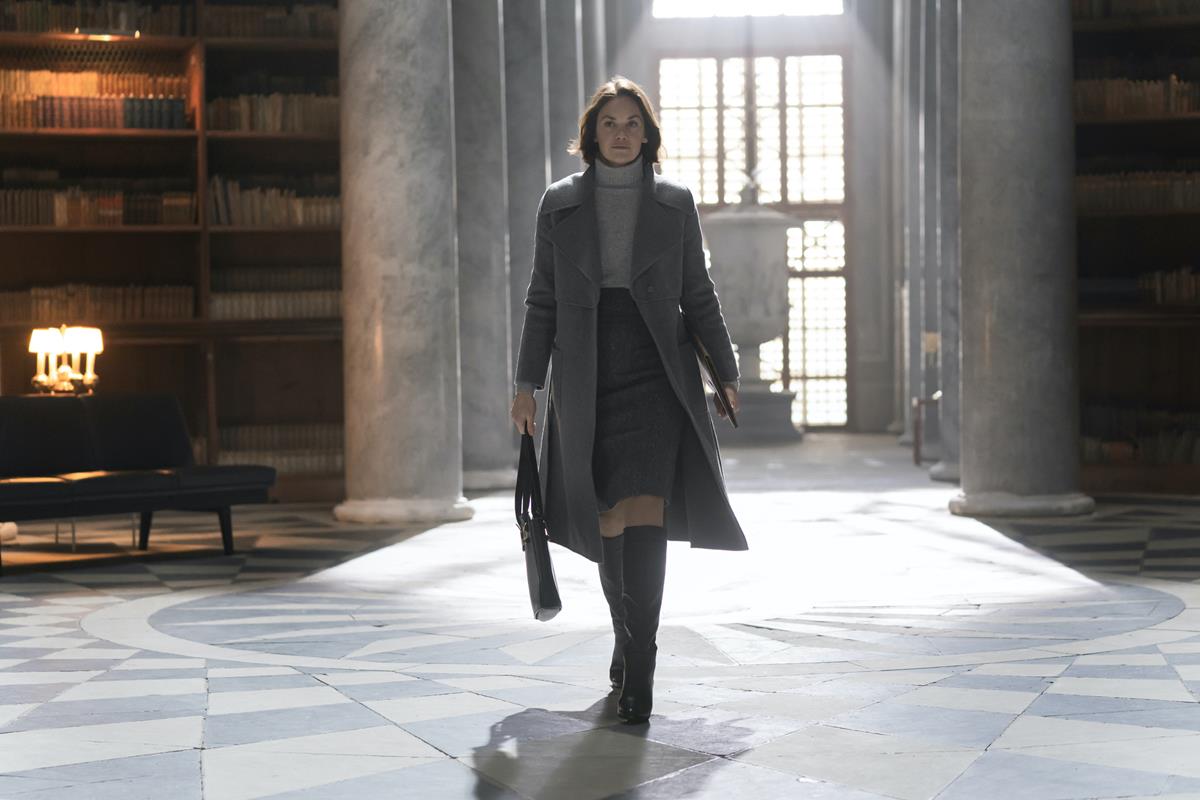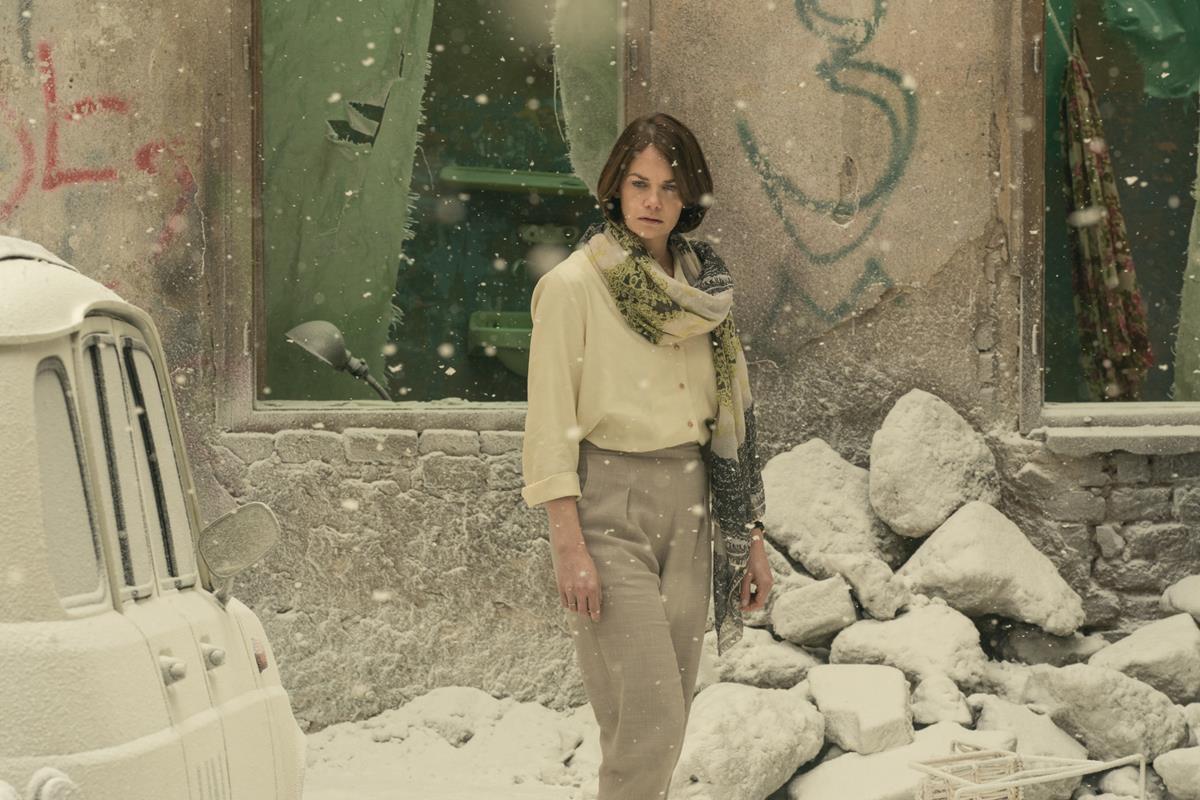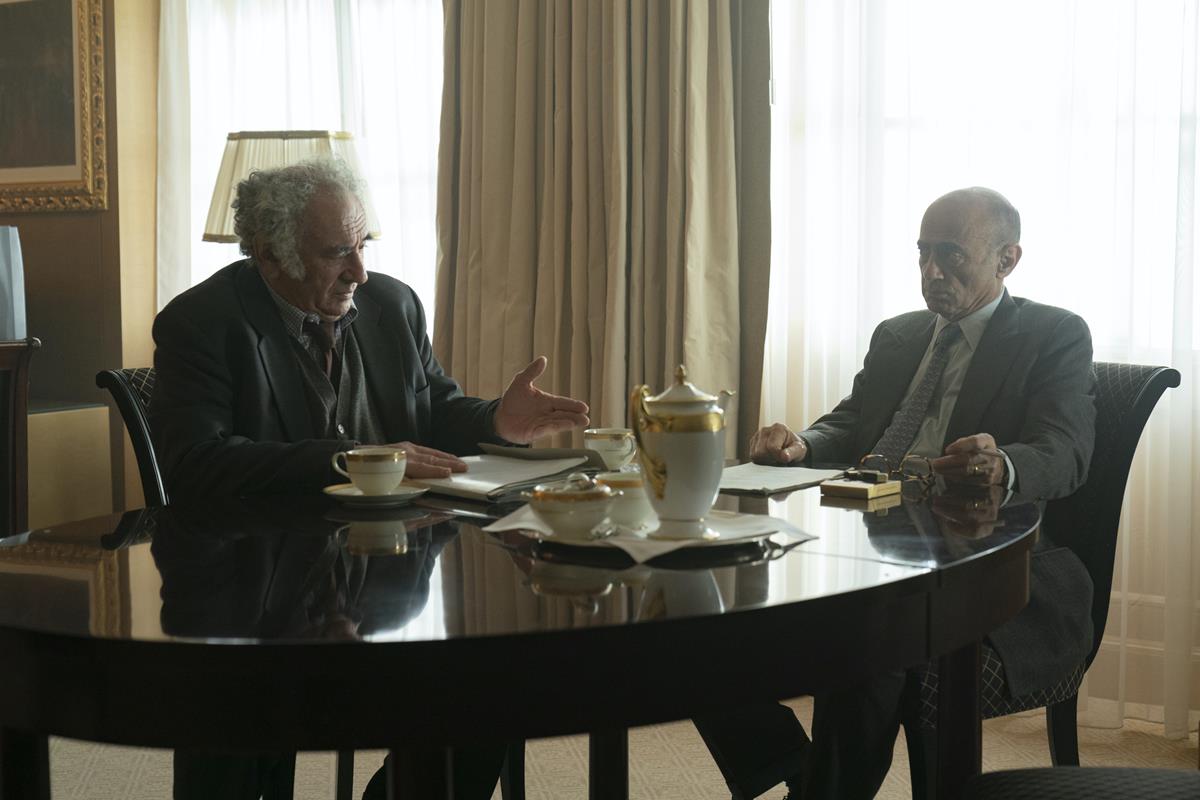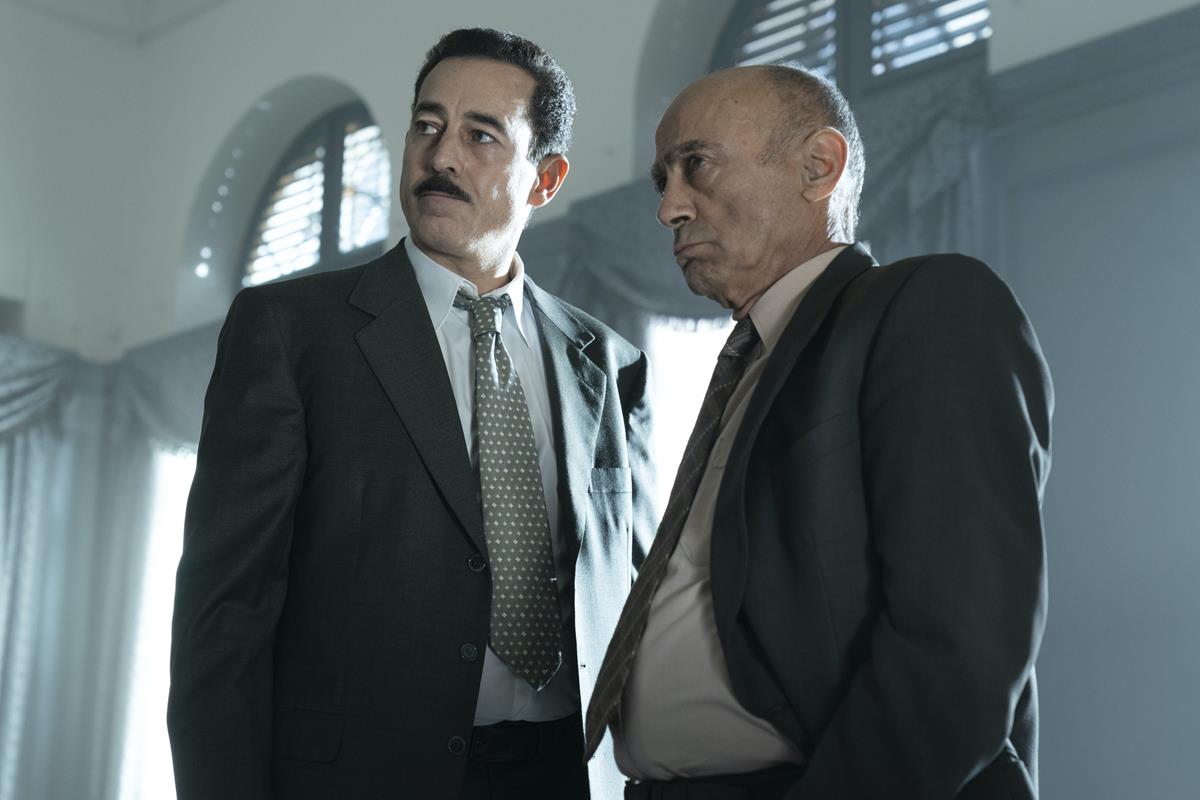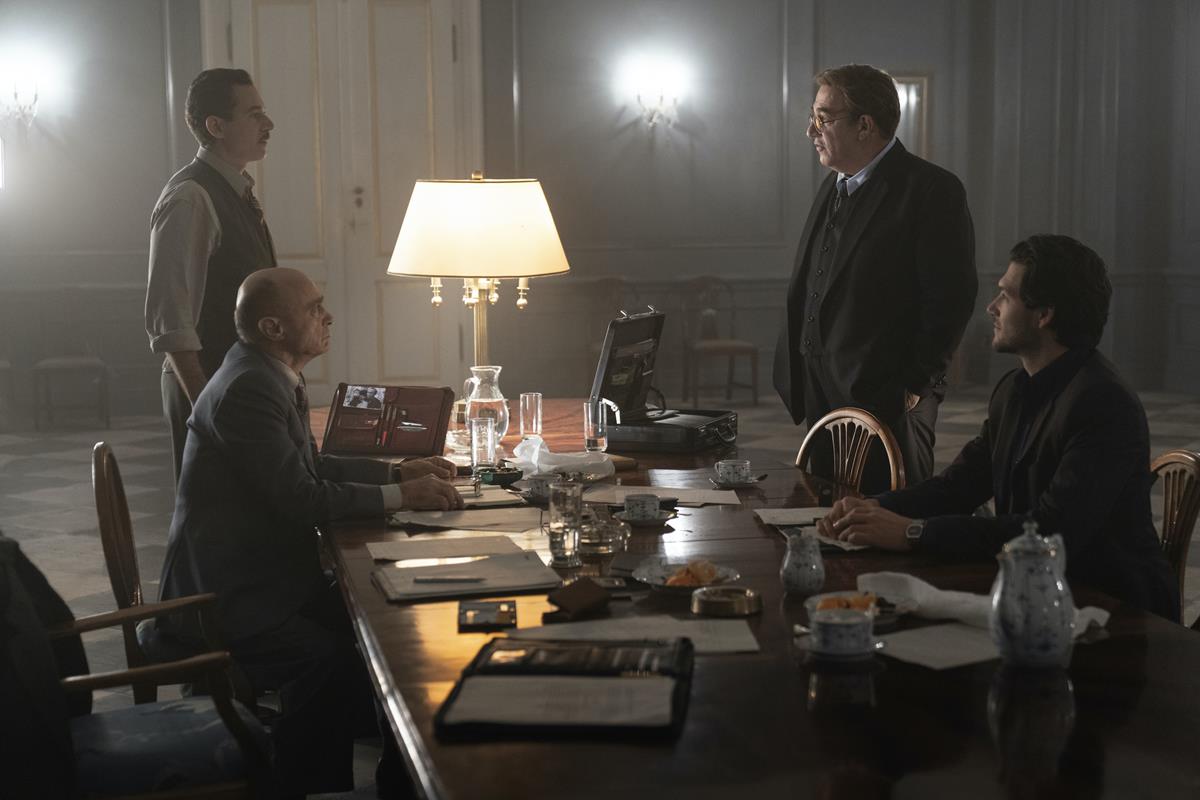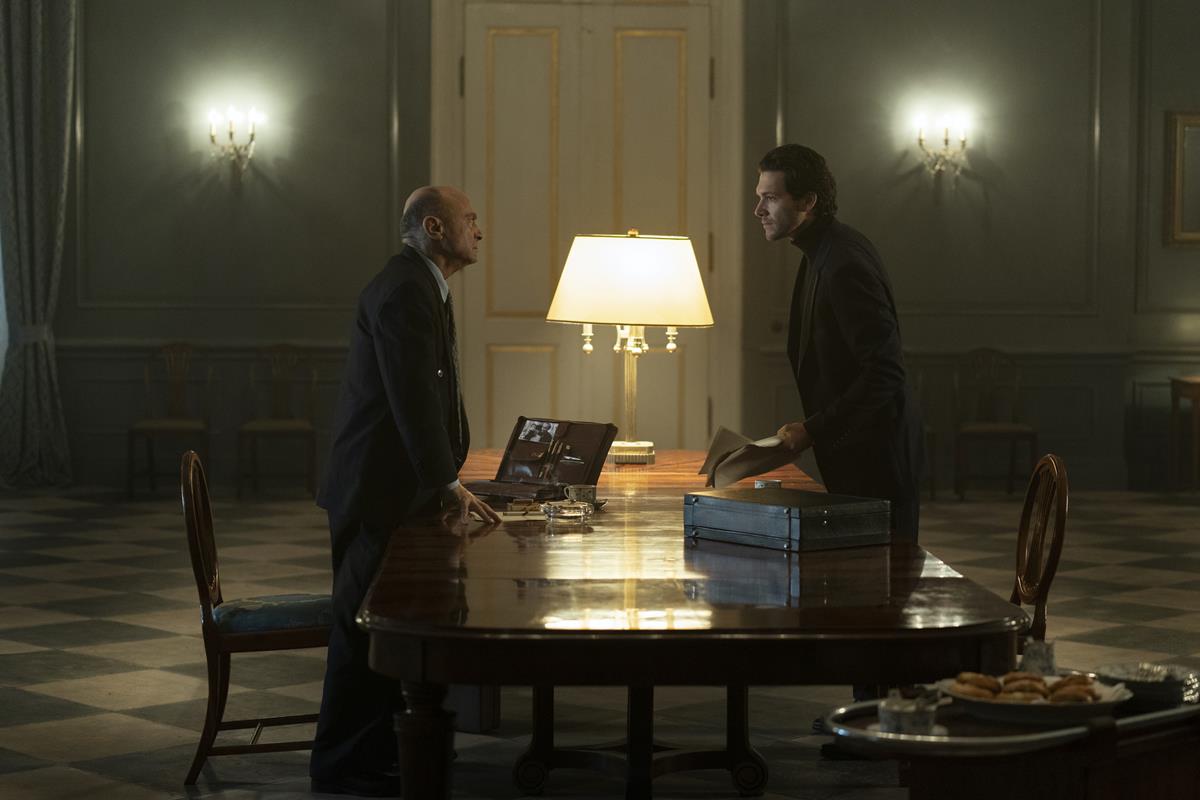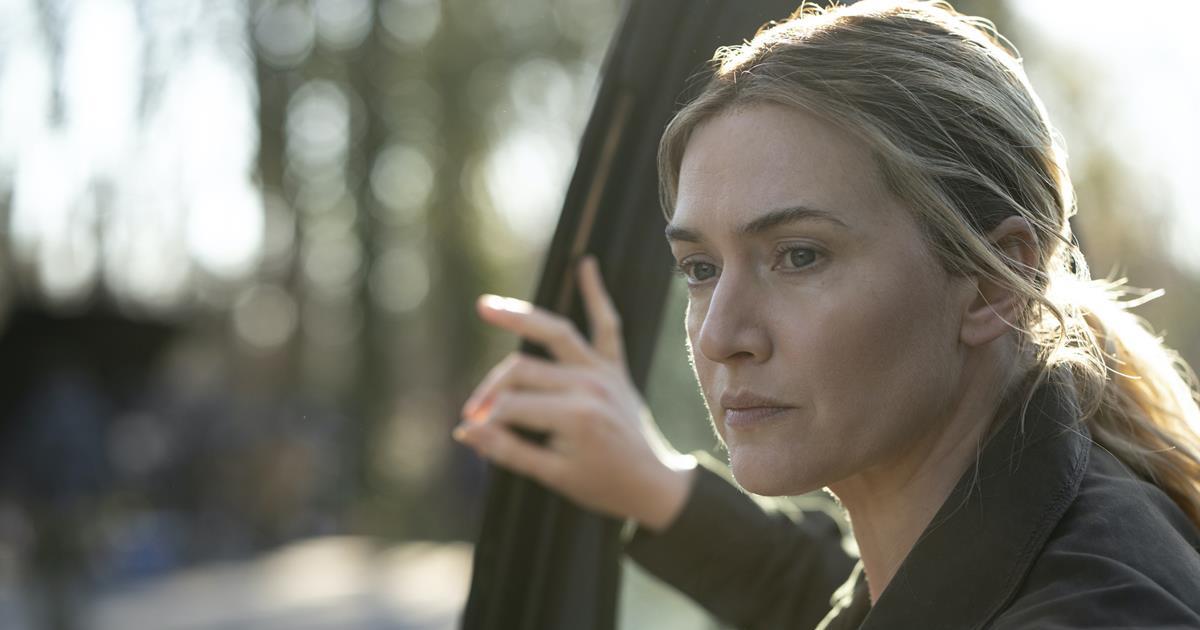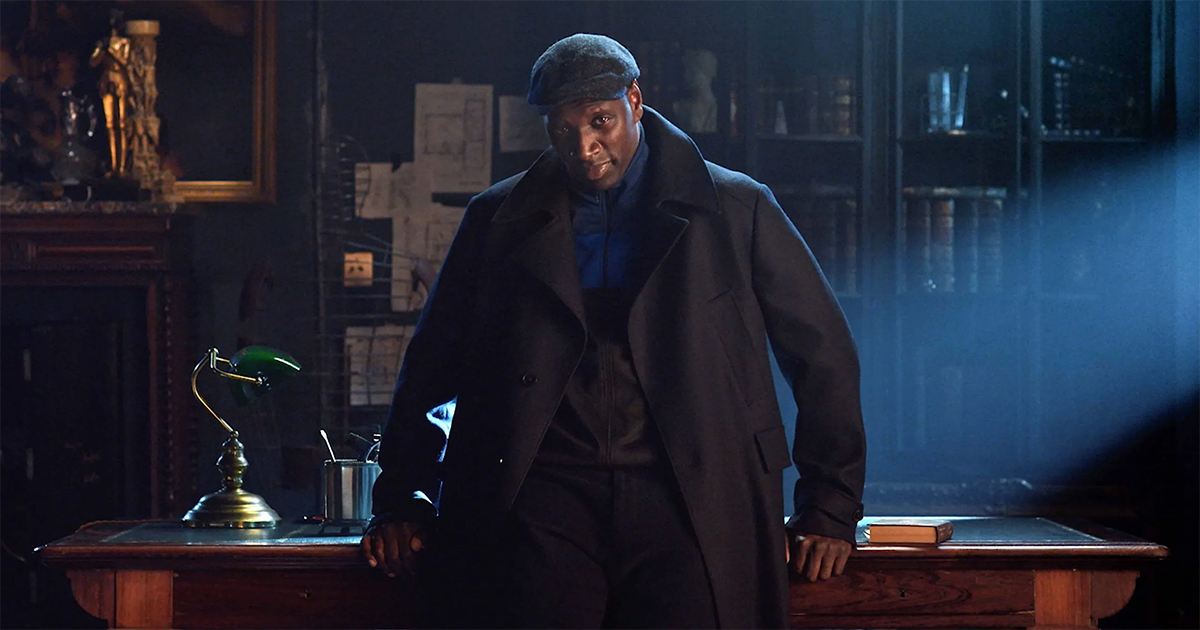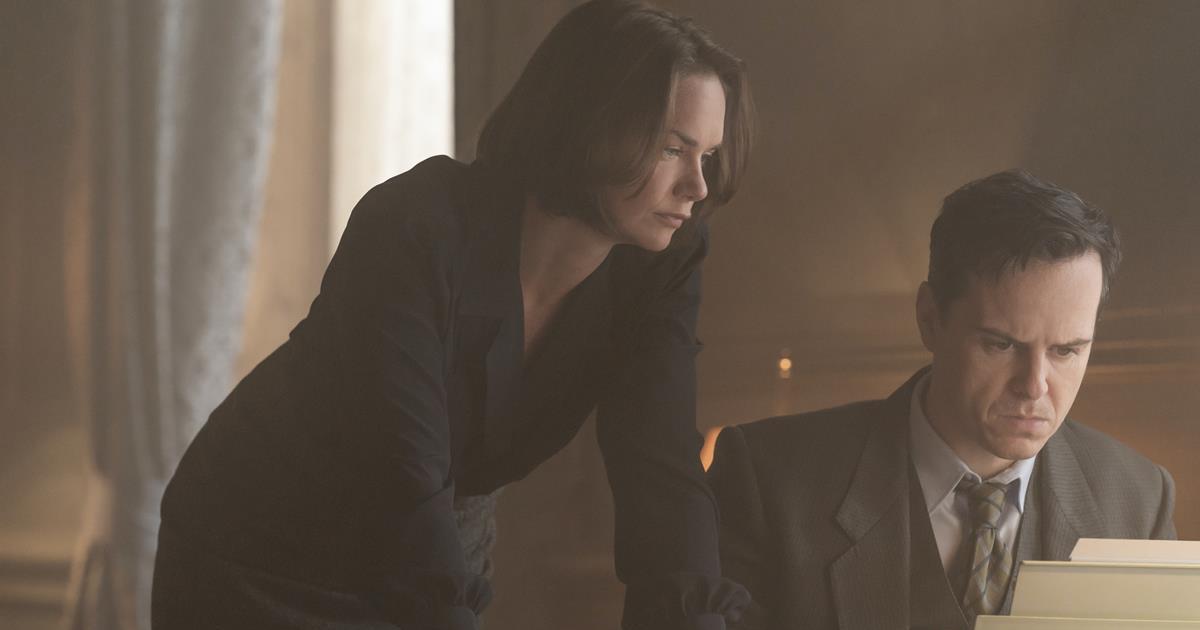
One week after a precarious ceasefire was declared between Israel and Hamas, the political drama Oslo premiered on HBO. Now available on HBO Max, the film dramatizes the events leading up to the Oslo Accords in 1993, a landmark peace agreement in the ongoing Israel/Palestine conflict. The movie stars Ruth Wilson and Andrew Scott as married Norwegian diplomats Mona Juul and Terje Rød-Larsen, and counts Steven Spielberg among its many executive producers.
Adapted from J. T. Rogers’ 2016 play, the picture was praised by The Hollywood Reporter as “an engrossing, unfailingly lucid account of a momentous political breakthrough that interrupted a decades-long impasse. Few will be unmoved by its sorrowful timeliness… The simple act of sitting across from our enemies to see and hear them as human beings can yield progress that remains stubbornly out of reach in formal negotiations.”
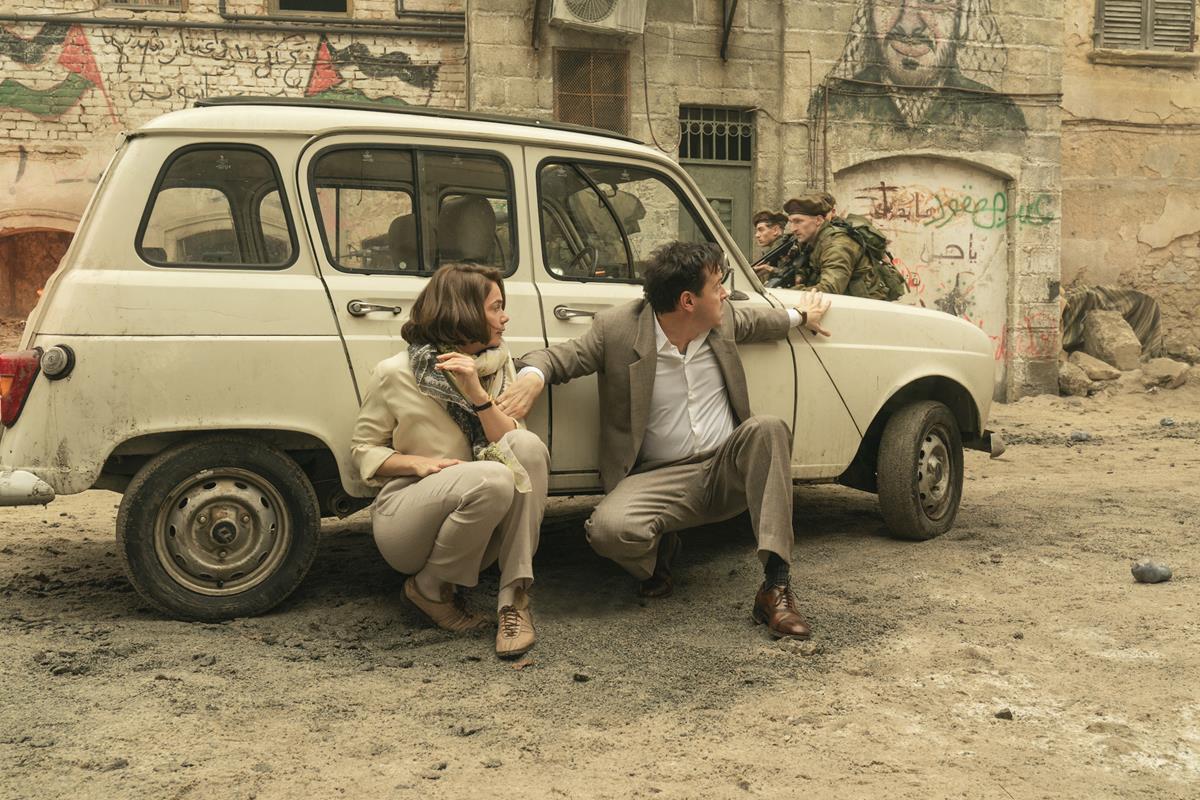
READ MORE: Ruth Wilson and Andrew Scott in HBO’s ‘Oslo’: TV Review (The Hollywood Reporter)
Scott echoed this sentiment in an interview with The Washington Post: “There has to be a human way in which these conversations can happen and sometimes a very dehumanizing way of having a difficult conversation is by placing them in huge intimidating places, formal places. The basic idea of prejudice not surviving proximity, that you should sit down with somebody and you should have good food. You should have an atmosphere that’s convivial, and you put people around a dinner table or you give them a glass of whiskey, and you let them talk about what their experiences are as human beings. You look them in the eye. You start by putting them together in a room where it hasn’t been set up to intimidate but rather to communicate.”
Wilson added that the job and the privilege of an actor is to step into people’s shoes and understand their experience in a given moment. “That’s, in a way, what the negotiators were doing in Oslo too. They’re like if you can have the imagination to empathize and to understand someone else’s experience, then that is the few steps to humanity, and that’s what we have. That’s the only thing we have going for us.”
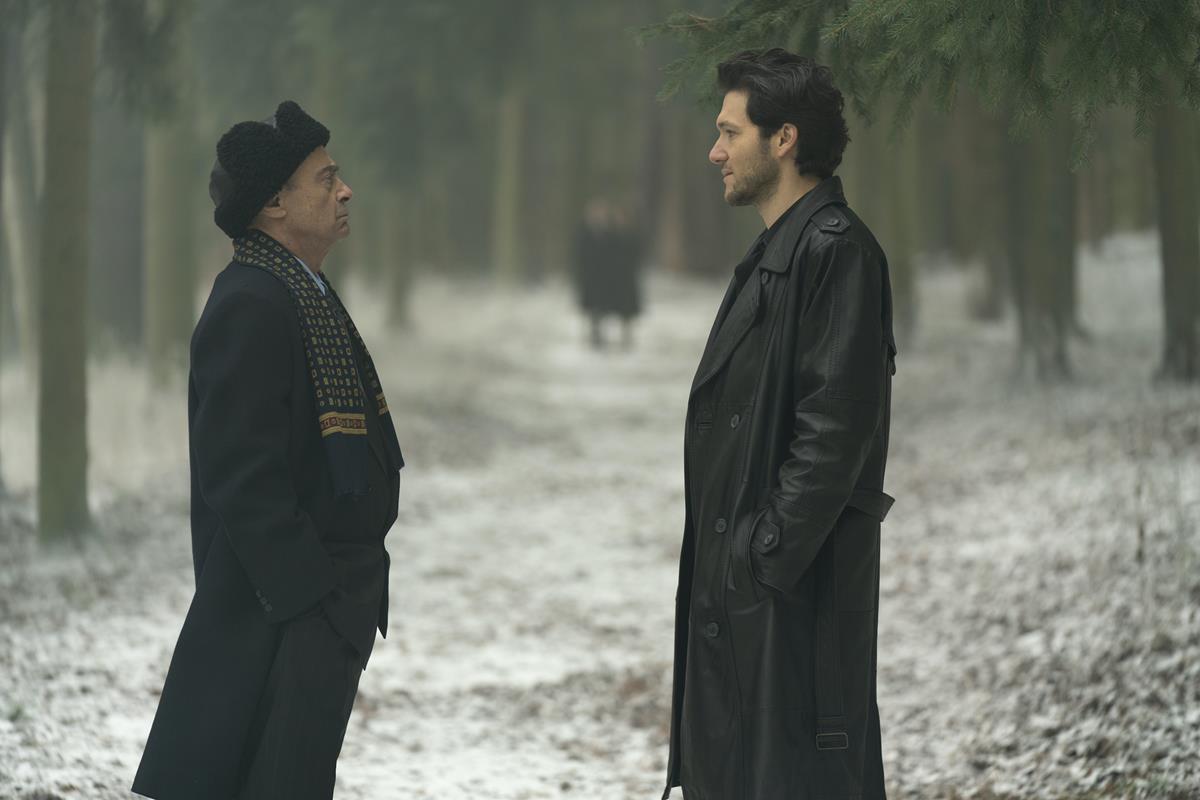
READ MORE: Ruth Wilson, Andrew Scott and Bartlett Sher, “Oslo” (The Washington Post)
Playing opposite Wilson and Scott are a cast of Israeli and Palestinian actors, including Waleed Zuaiter (The Spy), Dov Glickman (Shtisel) and Itzik Cohen (Fauda). Their experiences and knowledge of the Middle East proved invaluable, as director Bartlett Sher explained to Variety:
“The cast for all the negotiators, Palestinian and Israeli, were all from the region. They all had very, very, very specific and precise strong feelings about the world, and all had — so, when we did our very first reading of the piece, many of them were incredibly moved because they had grown up in that time. They remembered Oslo very well. I think for all of us, we were learning as much from them as I was helping them understand anything. They were teaching us all the time. They were very much in the middle of it, and they were just an extraordinary resource all the way through.”
Sher not only directed the play in New York and London, he had a critical role in its inception due to a fortuitous meeting. “My daughter’s best friend in second grade was the daughter of Mona Juul and Terje Rød-Larsen,” he told Variety. “We got to know them and I would go to soccer matches and Terje would tell me these extraordinary stories about the Middle East peace process. They had the makings of great theater, so I introduced him to J. T. and they hit it off and J. T. saw the makings of a play.”
LIGHTS, CAMERA, ACTION! SPOTLIGHT ON FILM PRODUCTION:
From the latest advances in virtual production to shooting the perfect oner, filmmakers are continuing to push creative boundaries. Packed with insights from top talents, go behind the scenes of feature film production with these hand-curated articles from the NAB Amplify archives:
- Savage Beauty: Jane Campion Understands “The Power of the Dog”
- Dashboard Confessional: Ryusuke Hamaguchi’s “Drive My Car”
- “Parallel Mothers:” How Pedro Almodóvar Heralds the New Spanish Family
- “The Souvenir Part II:” Portrait of the Artist As a Young Woman
- Life Is a Mess But That’s the Point: Making “The Worst Person in the World”
This being Sher’s first film, he had strong ideas about the transition from stage to screen. “I wanted to make a film,” he notes. “I didn’t want to make a play that was filmed. We made a lot of changes. The play opens completely differently than the film. We made a choice to create a strong point-of-view around Mona Juul. We changed the timeline entirely. In the play you start in the middle and work back to the beginning. That wasn’t the right way to do it on film, so we started in a very specific point. We wanted this to be an intellectual thriller. The play ran as long as two hours and 45 minutes and the film is only one hour and 54 minutes, so significant cutting and tightening had to happen.”
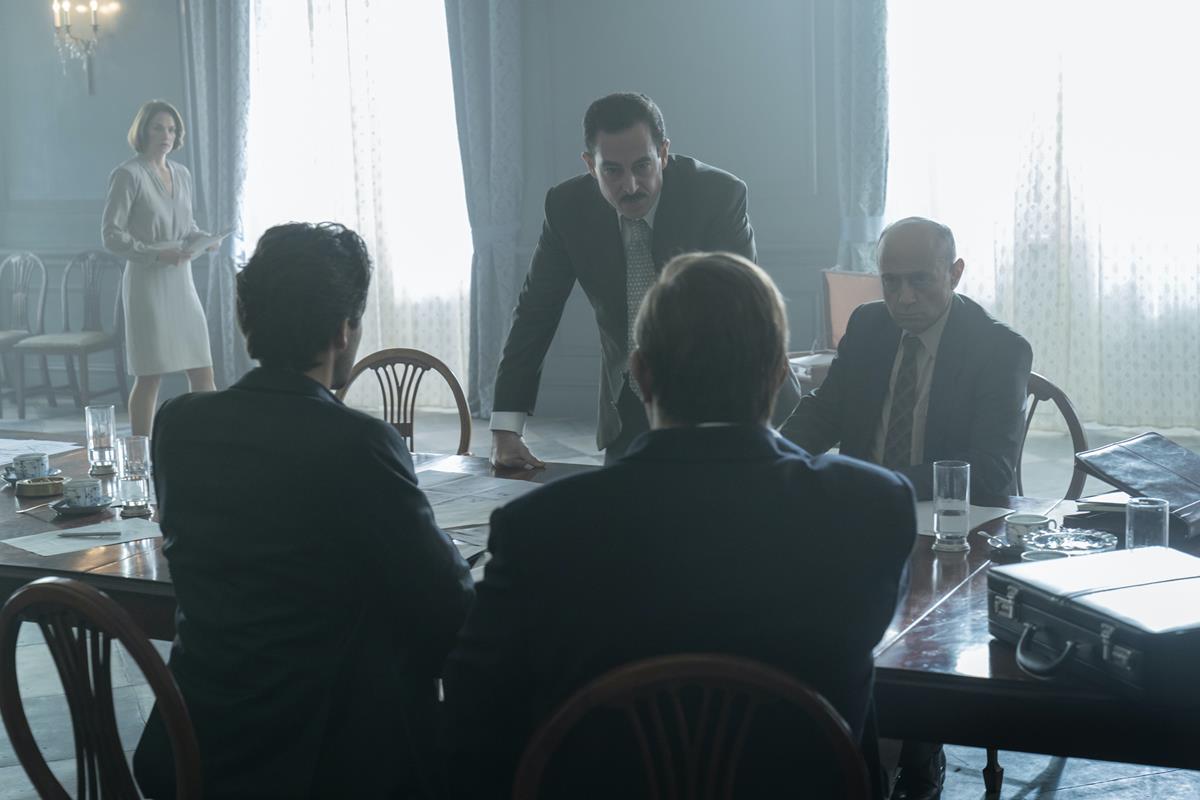
READ MORE: How Bartlett Sher Turned Cerebral Stage Hit ‘Oslo’ Into a Thrilling New HBO Movie (Variety)
He recalled his first experience of an editing room in an interview with Filmmaker Magazine: “So much of drama is rhythm, and the editing room allows you to control the rhythm so intensely. Things that I would kill myself to take out on stage, pauses or places you want to build this shift and that shift, you can accomplish all that in editing. When I got to the editing room, I was like, ‘Oh my God.’ You have to realize that every single thing about this process was new to me. It was like, ‘Oh, you get to do that?’
“Even if you take something like the sound, it was mind blowing, the way you can take this syllable from here and that syllable from there, and how many subtle and rich changes you can make in the editing process,” he continued. “You can rethink the whole shape of the film, which is remarkable. You hear stories of directors who struggle their way through the shooting process just in order to get to the editing, and I can understand that. Then there’s color correction. I was gob smacked by what you can do there. The kind of thing I would do in theater with lighting, right? Where I might be able to pull out a face with a spot, you can build that window in color correcting and shift the lighting of the scene. That’s a whole other toolbox.”
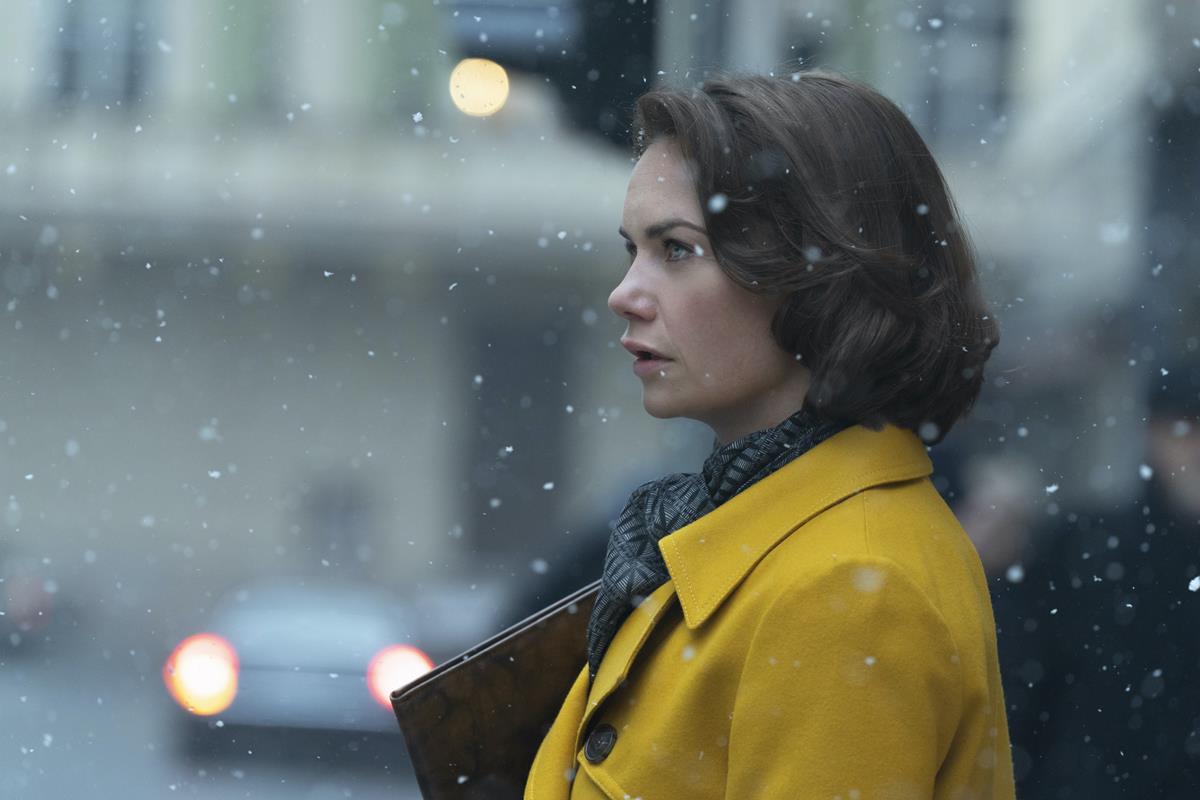
READ MORE: A Whole Other Toolbox: Theater Director Bartlett Sher on Making his First Feature, Oslo (Filmmaker Magazine)
Finally Sher discussed the political timing of the film and the play, which took on different meanings depending on where it was performed: in the US, it was talked about in terms of Republicans and Democrats; in the UK, people took it to be about Brexit; in South Korea, the discourse was around North Korea.
“Now, here we are with a film about to open and all we can talk about is Israel and Palestine, which is a good thing because the conversation has to happen,” he concluded. “Our movie is hopefully a part of that conversation. No matter how complex the circumstances are now, I think we would all love a call to dialogue if that was a way of solving the problem. The other thing I learned from Oslo is that great leadership is a huge component in change. I think that this kind of dialogue between enemies getting into a room together, guided by leaders who have the courage to change — that is an extraordinary thing to make a story about.”
Want more? Watch Oslo director Bartlett Sher and the two stars of the film, Ruth Wilson and Andrew Scott, in conversation with The Washington Post chief film critic, Ann Hornaday, in the video below:

